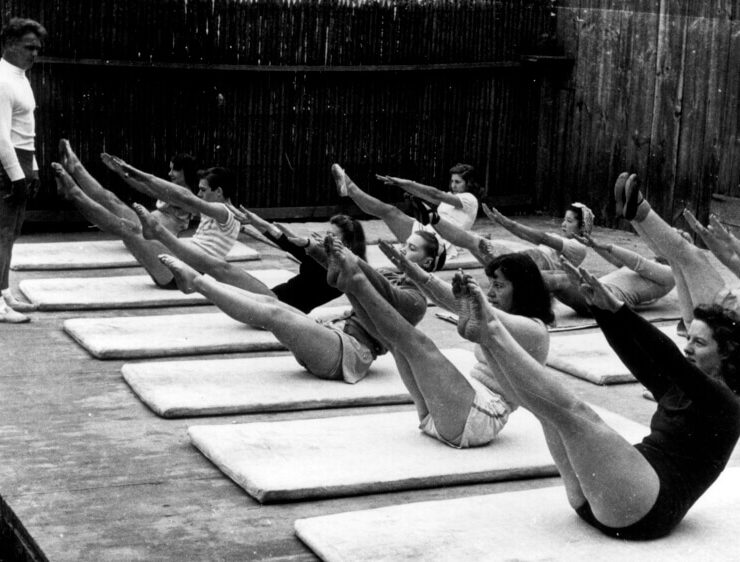In recent years it has been shown that exercise is an important part of managing osteoporosis and osteopaenia. It can help prevent a further decline in bone density.
The current recommendations are:
- Strength or resistance training twice a week.
- Any form of resistance can be used such as weights, resistance bands, body weight exercises or resistance training equipment.
- The exercises should target your back, chest, shoulders arms and legs.
- Posture exercises daily.
- A rounded spine at the upper back also known as a ‘dowagers hump’ is very common in anyone with osteoporosis. Regular posture exercises can help prevent this.
- Poor posture creates more force on your spine when you bend, and is more likely to cause a fracture.
- Balance exercises daily.
- Low bone density means that if you fall you are far more likely to sustain a fracture.
- These don’t have to be specific exercises you can simply add some balance challenges into your daily routine.
- Aerobic exercise daily.
- This will start at 10 minutes per day and gradually increase, the aim is to reach 150 minutes per week.
- It can be any continuous, rhythmic activity that increases your heart rate.
- It is better to do more weight-bearing aerobic exercise such as running and walking than non-weight-bearing exercise like cycling or swimming.
- If you already have a fracture or you have quite low bone density it is best to avoid high impact aerobic exercises like running. Walking is a much safer alternative.
Safety with all your exercises is very important so make sure see a physio before you begin. Your physio will make sure you have the correct technique and teach you about precautions and modifications for that are specific to osteoporosis.




